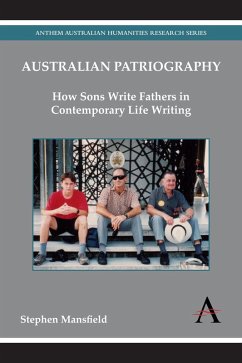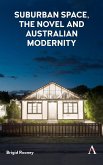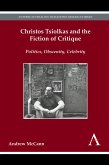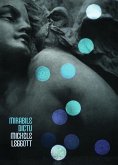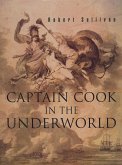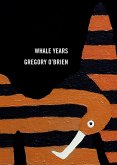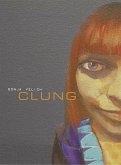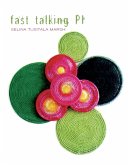This study discusses modern Australian life writing by sons who focus on their fathers. Termed patriography (by Couser) or The Son's Book of the Father (by Freadman), this rich field of relational autobiography offers insights into modes of masculinity, notions of identity and heritage and the ethics of representation. The current proliferation of 'father memoirs' in the marketplace demonstrates that such writing is fulfilling and being fuelled by the need to better understand the traditionally lesser-known parent.
Beginning with an analysis of the paradigmatic case of the sub-genre, Edmund Gosse's Victorian masterpiece 'Father and Son', the study moves quickly on to embrace its Australian literary frame, demonstrating Gosse's influence on a range of classic Australian autobiographies, including Hal Porter's 'The Watcher on the Cast-Iron Balcony'. Mansfield then offers five 'case studies' on the seminal works of the current era: Raimond Gaita's 'Romulus, My Father'; Richard Freadman's 'Shadow of Doubt'; Peter Rose's 'Rose Boys'; John Hughes's 'The Idea of Home'; and Robert Gray's 'The Land I Came Through Last'.
How do these authors 'perform' their masculinity in the act of writing the father? What are some of the ethical complexities that must be negotiated when representing the reticent-laconic in autobiography? And, ultimately, how does one decide what an ethical representation of the father is? These are some of the questions Mansfield addresses in 'Australian Patriography', the first study of its kind in Australian literature.
Beginning with an analysis of the paradigmatic case of the sub-genre, Edmund Gosse's Victorian masterpiece 'Father and Son', the study moves quickly on to embrace its Australian literary frame, demonstrating Gosse's influence on a range of classic Australian autobiographies, including Hal Porter's 'The Watcher on the Cast-Iron Balcony'. Mansfield then offers five 'case studies' on the seminal works of the current era: Raimond Gaita's 'Romulus, My Father'; Richard Freadman's 'Shadow of Doubt'; Peter Rose's 'Rose Boys'; John Hughes's 'The Idea of Home'; and Robert Gray's 'The Land I Came Through Last'.
How do these authors 'perform' their masculinity in the act of writing the father? What are some of the ethical complexities that must be negotiated when representing the reticent-laconic in autobiography? And, ultimately, how does one decide what an ethical representation of the father is? These are some of the questions Mansfield addresses in 'Australian Patriography', the first study of its kind in Australian literature.
Dieser Download kann aus rechtlichen Gründen nur mit Rechnungsadresse in A, D ausgeliefert werden.

